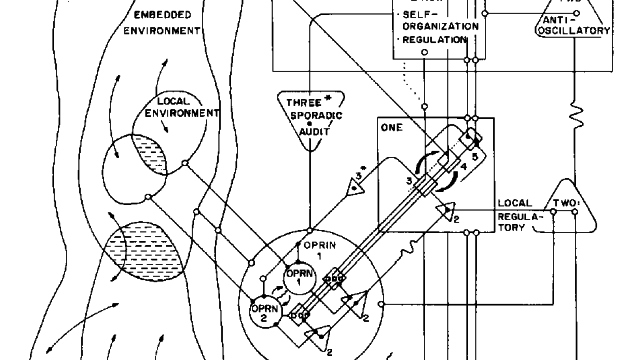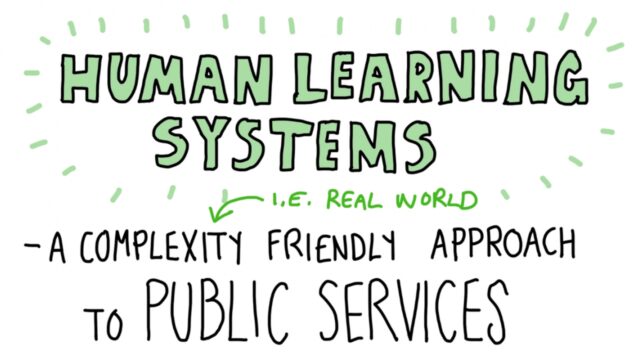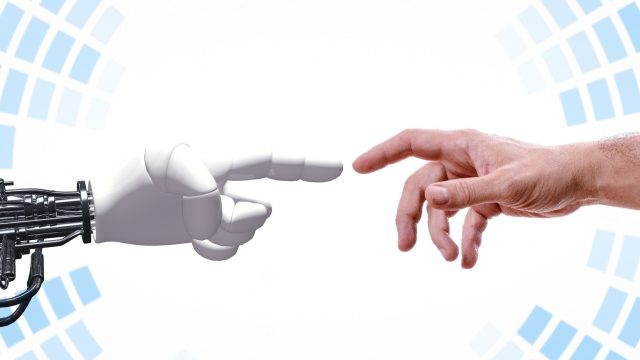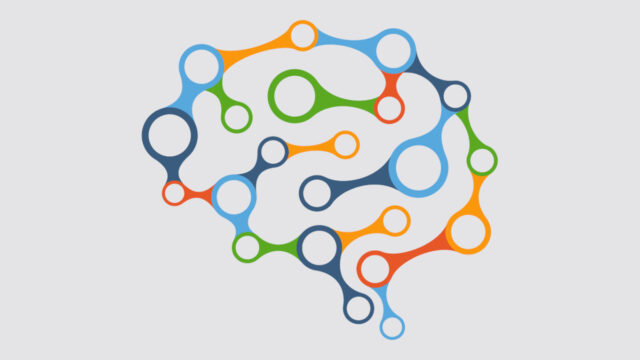complexity
-
Case studies in complexity

Case studies in complexity (part 7): Problem-solving communication skills and lateral thinking in the Helidon Hills
Two very effective approaches for overcoming resistance and denial when engaging stakeholders.
-
KM in project-based & temporary organisations

KM in project-based & temporary organisations: Part 8 – An agile approach to program management
Insights into the application of agile methods to program management (as opposed to project management).
-
Case studies in complexity

Case studies in complexity (part 6): Tacit knowledge transfer and deliberative conversations in the Helidon Hills
The Helidon Hills project was praised for its tacit knowledge engagement and deliberative decisions in the face of complexity.
-
Systems & complexity

Government needs to build bridges to solve wicked problems
Ten crucial behaviors that governments need to adopt to solve problems in a complex world.
-
Systems & complexity

From stock markets to brain scans, new research harmonises hundreds of scientific methods to understand complex systems
Properly orchestrated, the full ensemble of scientific methods demonstrated improved performance over any single method on its own.
-
Systems & complexity

Viable System Model: A theory for designing more responsive organisations
How complex organisations can be more capable of responding to a changing and unpredictable environment.
-
In the know

In the know: AI and RealKM | ChatGPT as malevolent AI | Rigour in complexity
In the know is a regular roundup of knowledge management (KM) items of interest.
-
Systems & complexity

Managing complexity with human learning systems
How can those in public service think more effectively about improving people’s lives, when each person’s life is a unique…
-
Brain power

Combining human and artificial intelligence for organizational decision-making under uncertainty
Identifying a division of tasks between humans and AI for each step in the decision-making process.
-
Systems & complexity

Why complex problems need abductive reasoning
How does the way we approach complex problems differ from how we approach problems that are familiar or obvious?

